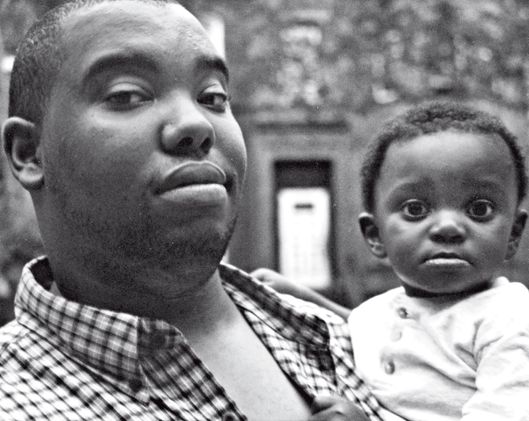In such a racially polarized environment, you’d think that people of the same color are more likely to stick together as a people. It’s obvious to recognize that this just isn’t true.
In America, and other parts of the world, Black people take part in a society that doesn’t want much to do with them. We’ve faced centuries of discrimination and decades of segregation. We’ve been subject to all types of tortures and hardships. We’ve been labeled as a race that isn’t worthy of living in the same world as our diverse counterparts. In saying this, you’d hope that Black people would stick together. That we would join hands and take on the world. So why, I ask, are we turning on each other instead?

Whether or not you’ve noticed, which I certainly think you have, a race is not just “a population so related.” Instead, there are many stereotypes and stigmas that apply to numerous “types” of black people; moreover, some would dare say that others aren’t “black enough.” This harmful viewpoint only separates a people that are supposed to be coming together.
Some of these stereotypes are common, but hurtful to point out. First, you’ve got the “ghetto kids” or “ratchets,” which is what the media likes to portray us as. They’re likely to favor how they look over how their grades look, and they’re what most would call “loud and wrong” about how they think. Then, you have the wannabe thugs and gangsters. You know what they look like on sight: sagging pants, hats tipped low, overly-expensive shoes, and the rest of the ordeal. Next, there’s the blacks that “speak white,” because apparently having correct grammar and enunciation is a bad thing. You’ll usually see them at the top of the class, where few blacks tend to be, and they’re the main ones to be identified as “not black enough.” This is also true for the “preppy” blacks, who have been fortunate enough to live in an upscale neighborhood with supporting parents, but use this fact to look down on others who are maybe not as prosperous. In such, they become just as bad as our judgmental counterparts. It’s obvious that these stereotypes are hurtful and prejudicial. Most of them are not even true. However, the reality is that I could go on and on about the different “types” of black people. That’s where the problem arises.
Whereas this problem doesn’t only occur in the black community, I feel that the only thing this clandestine segregation does is pull us apart. There’s no peace or love in putting labels on people we share a history with. This only weakens us as a society, and in turn, as a race.
There’s not much we can do as a people when there’s already so much polarization between individuals of the same color. We can’t make any progress in this world unless we take a stand to drop these hurtful stereotypes. We’re all part of this community, so there’s no such thing as “not black enough.”
Photo: Lionsgate

